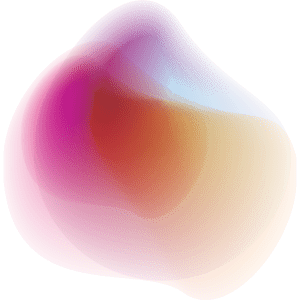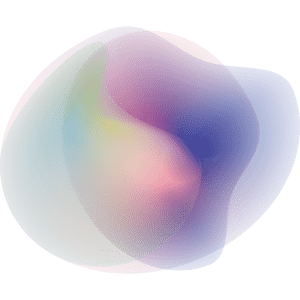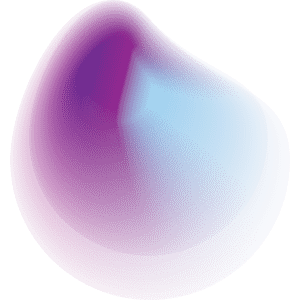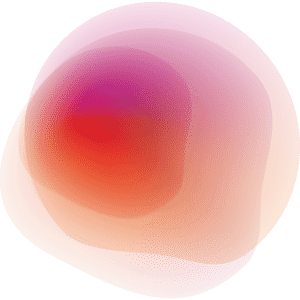What is Computer Fraud? Is It The Same As Computer Hacking? What is a Protected Computer?
If you’ve been charged with computer fraud or computer hacking you may be wondering what the charges means and what your next steps should be. Many people are surprised to learn that computer hacking is a serious crime that is often considered to be a form of fraud. Teenagers might dabble in computer hacking and not realize that computer hacking is a crime anytime a user accesses computer systems or computers that are unauthorized.
Computer hacking is computer fraud when the accused accesses a computer without authorization and with intent to defraud. Some examples of computer fraud include phishing, cyber extortion (ransomware), identity theft, spyware and malware.
Why is Computer Hacking a Serious Crime?
Computer hacking and computer fraud are charged at both the state and federal level. When it is charged at the federal level, the penalties are extremely severe. You might assume that federal crimes are reserved only for the most serious violations, but due to the interstate nature of the internet, computer hacking is often charged as a federal crime under the Computer Fraud and Abuse Act.
There are many forms of computer abuse and fraud that carry serious penalties. These include accessing a computer to defraud and obtain value, which can result in up to five years in federal prison for a first conviction and up to 10 years in prison for a second conviction, accessing a computer and obtaining information, which can result in up to one year in prison for a first offense and up to 10 years for a second offense and extortion involving computers, which can result in up to five years for a first conviction and up to 10 years for a second conviction.
Massachusetts computer hacking is punishable by prison time of up to 2 and half years in the house of corrections and a fine of not more than 3000 dollars. You can be charged with computer hacking if you access or attempt to access commercial computer systems with intent to defraud.
What is a Protected Computer?
According to federal law, a protected computer is simply a computer you are accessing without authorization or in excess of authorization. These are broad definitions that can easily sweep a whole host of unauthorized activity under federal charges.
If you are charged with computer hacking or computer fraud, you should hire an experienced Boston cybercrimes defense attorney immediately. Cybercrimes are some of the most serious crimes because they can easily be charged as federal crimes, due to the interstate nature of the internet.
At Dhar Law, LLP, our seasoned defense team has decades of experience defending serious crimes in state and federal courts. We are a hard-hitting criminal defense firm who believe in the right to a fair trial and building a robust defense that can withstand the charges brought by aggressive prosecutors. If you have been accused of a cyber crime like computer hacking or computer fraud, phishing or ransomware the we encourage you to get in touch ASAP so we can get to work on your defense.




